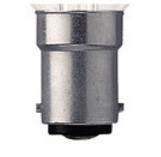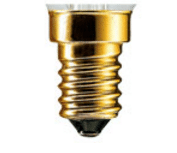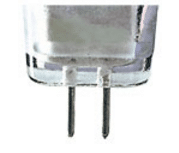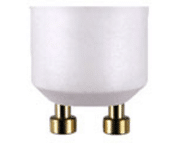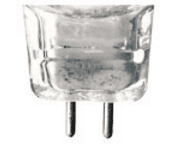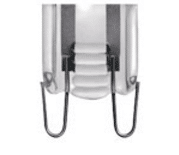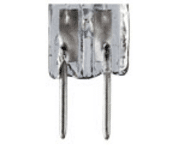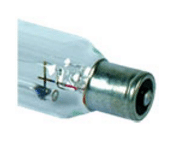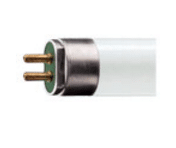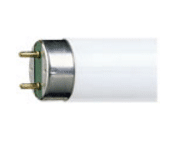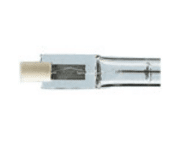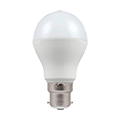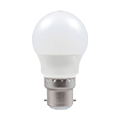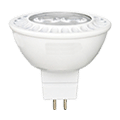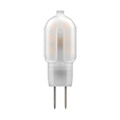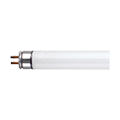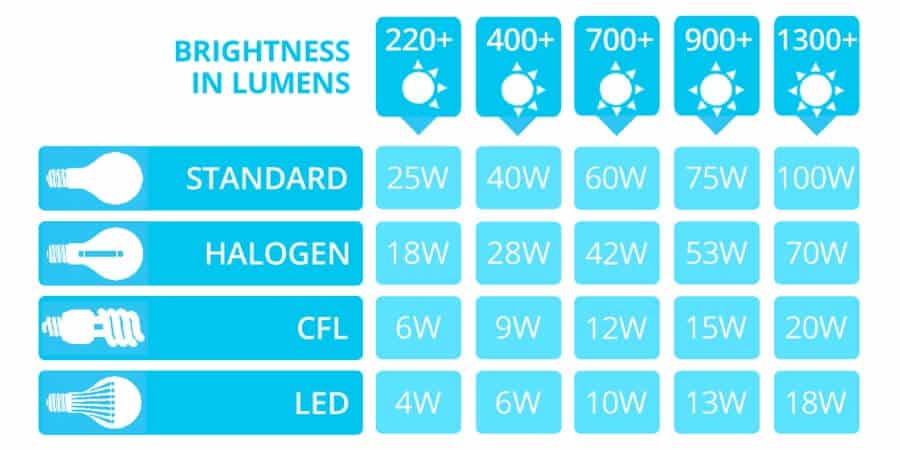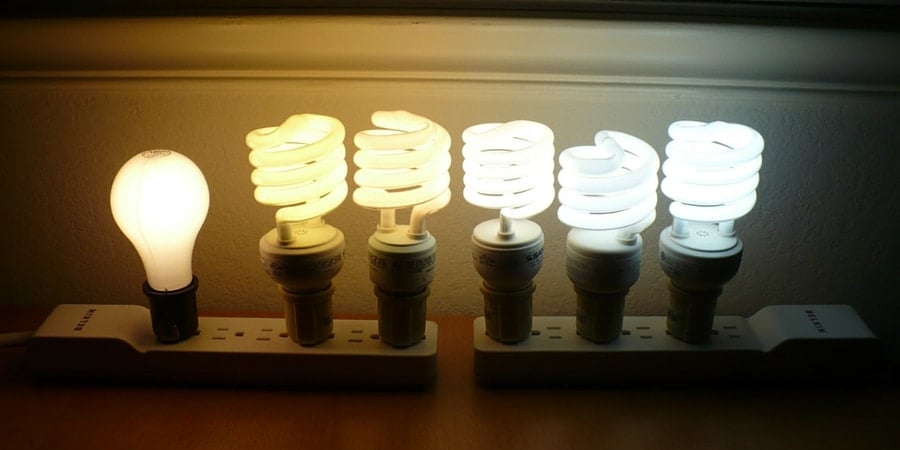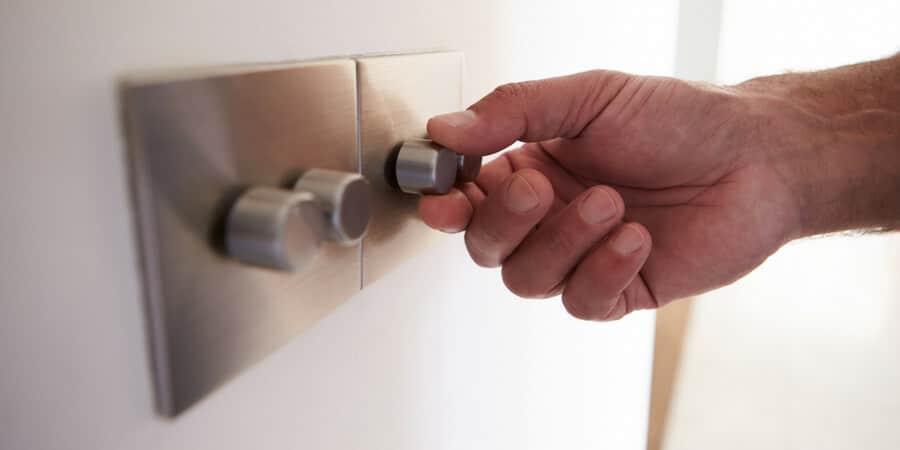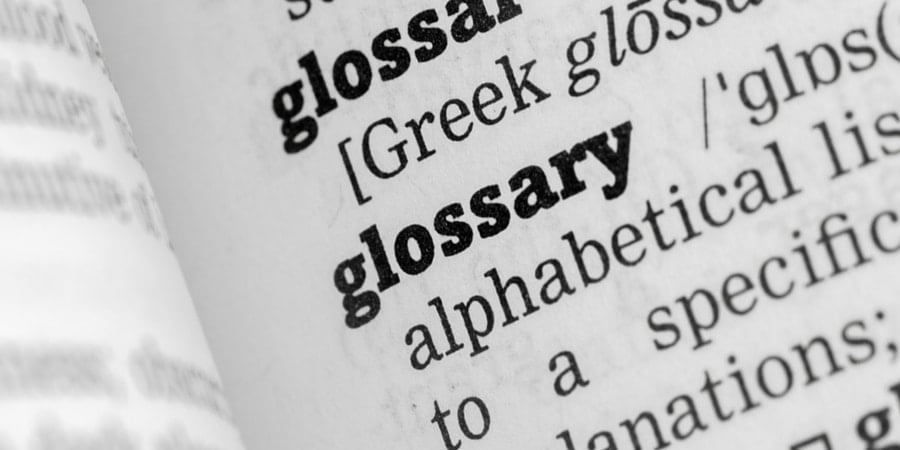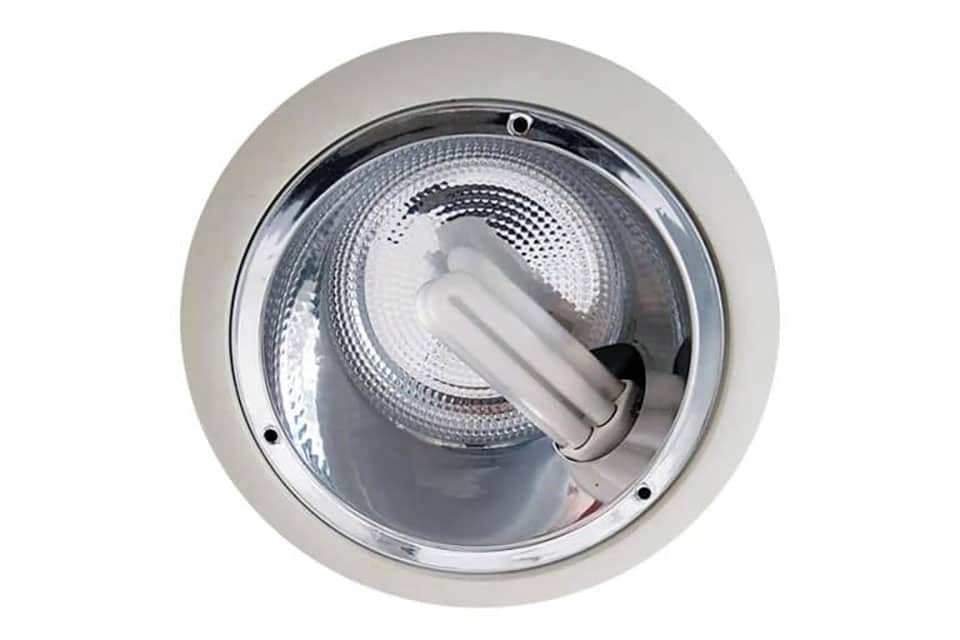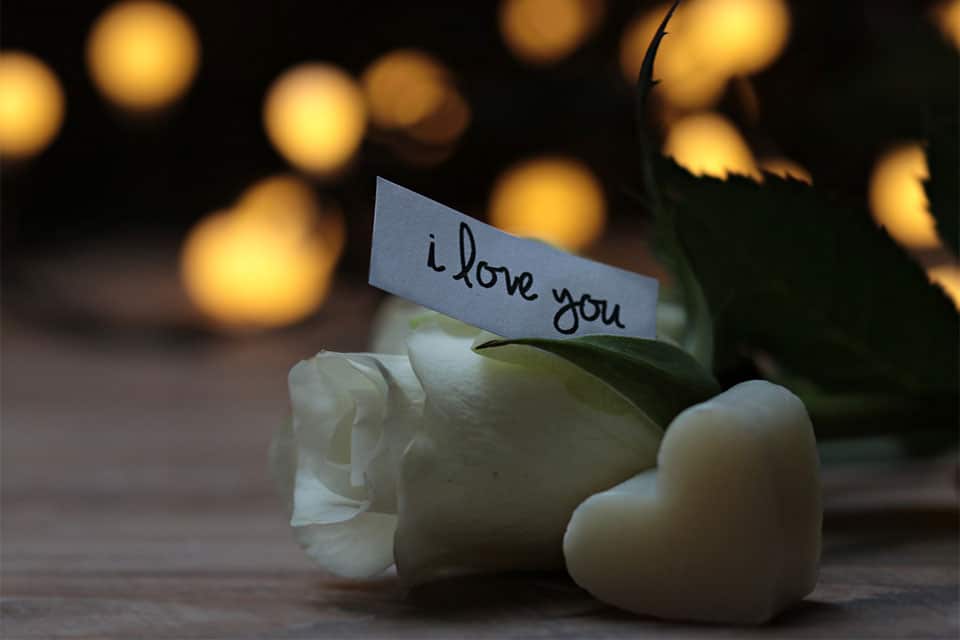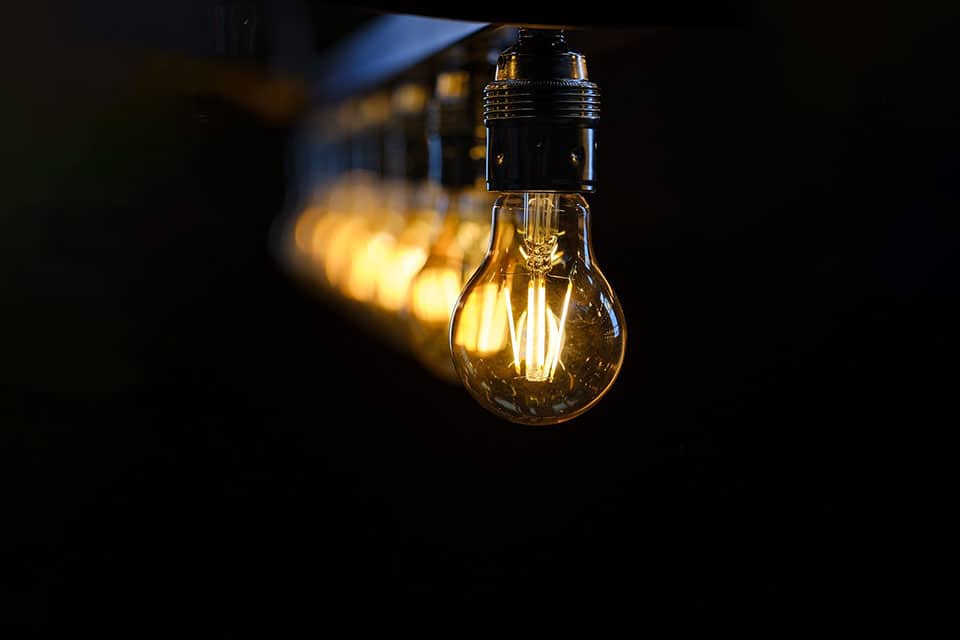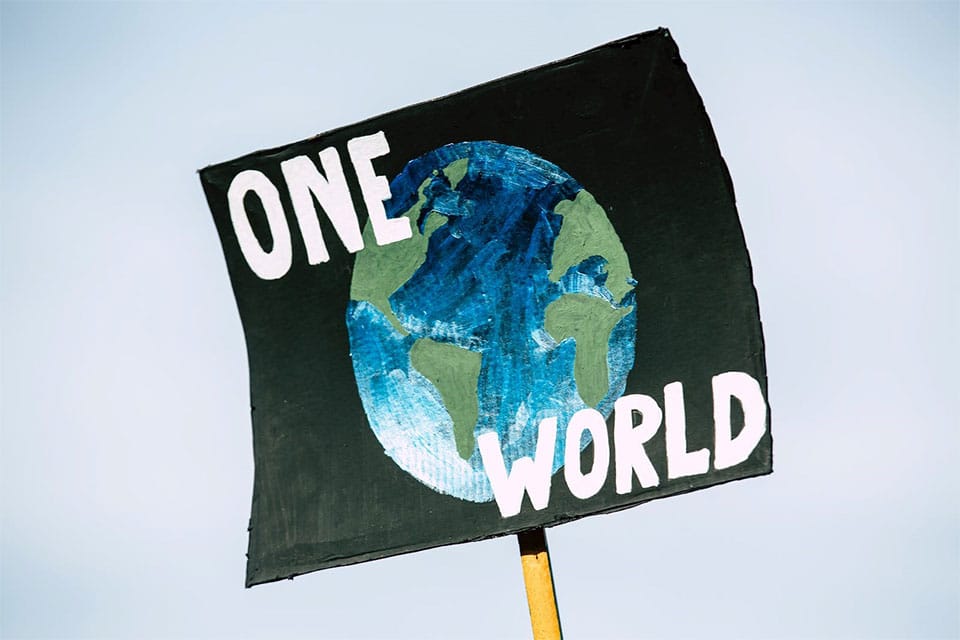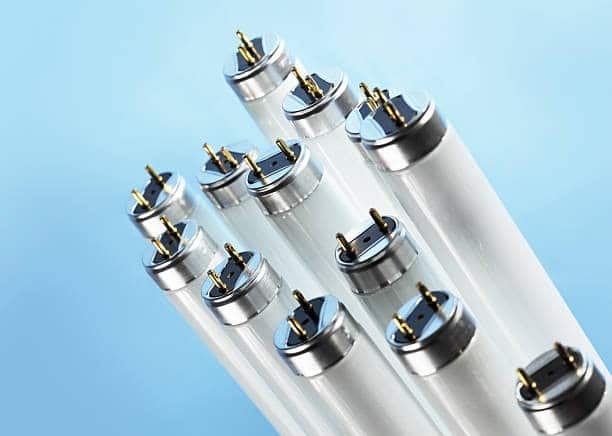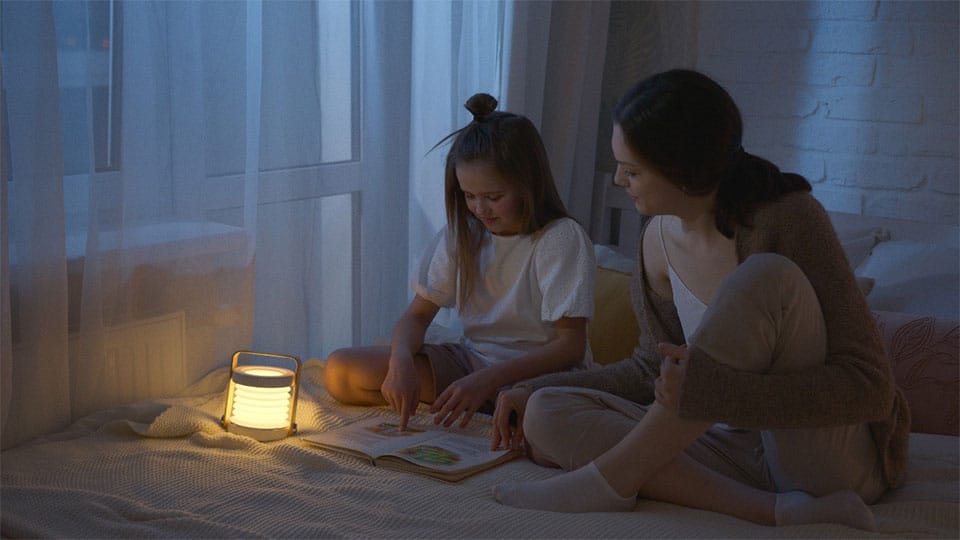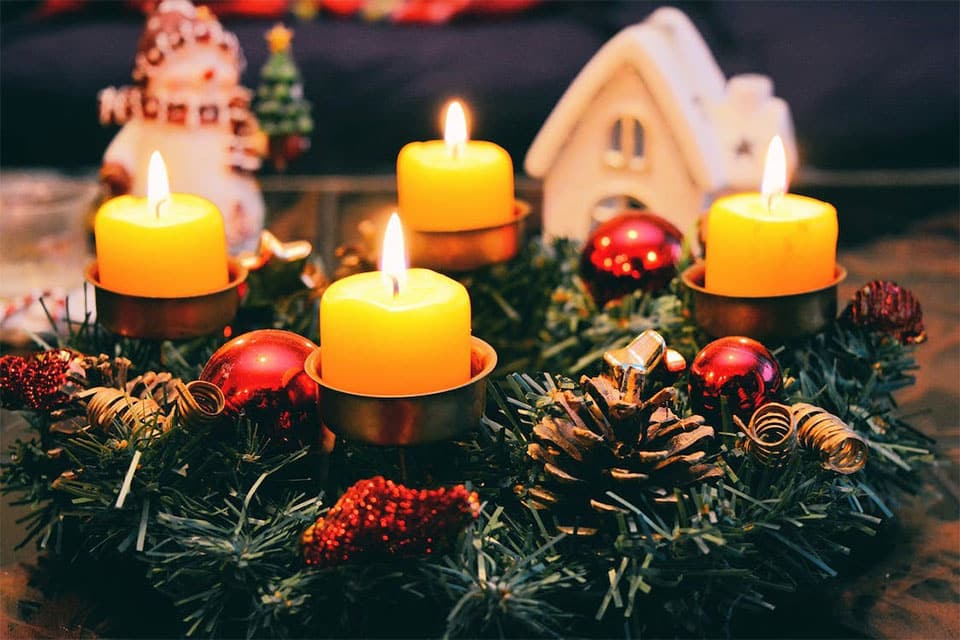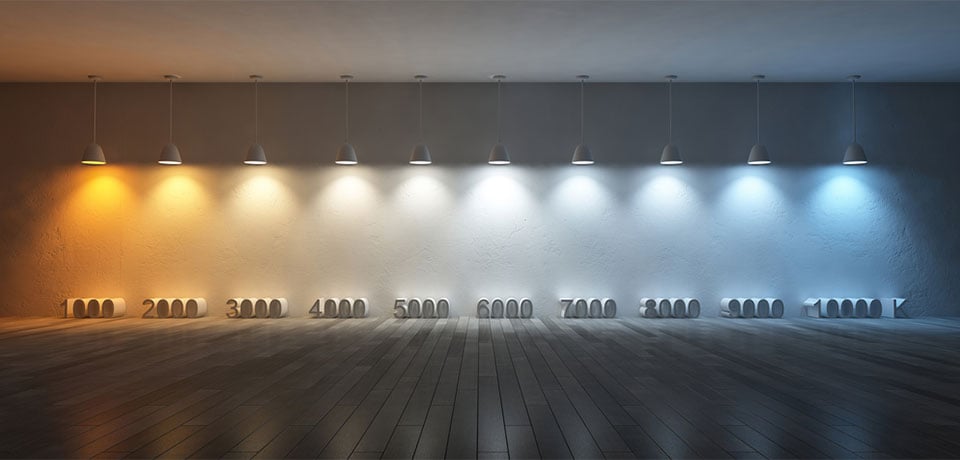Electrical lighting has come a long way since its inception, and it is changing and innovating at a faster pace than ever before. Things have gotten a little more complicated than simply deciding between a 40 and 60 watt bulb—there’s a greater variety of products available and more information you need to know to find the right look to suit your needs, especially when it comes to lighting a business.
As lighting technology has improved and increased its presence in our daily lives, so has the demand for lighting experts. While lighting may seem straightforward—install some fixtures or lamps, pop in a few bulbs, and illumination achieved!—it isn’t all equal. If you’ve ever noticed yourself struggling to complete tasks due to dim lighting, squinting under too-bright lamps, or commenting on or feeling the effects of an unpleasant green hue, it’s easy to see why professional lighting designers are in such high demand.
While bad lighting can be as glaringly obvious as the sun in the sky, good lighting, on the other hand, often recedes into the background while still making you look and feel good, helping you see and work, and lending the desired atmosphere to a space.
You may feel confident doing research on your own or consulting with a contractor or interior designer who may be particularly well-versed in lighting, but there are some projects that call for someone with even more specialized knowledge to shine some light on the situation. Enter the lighting designer.
What is a lighting designer and what do they do?
Lighting designers are specially educated, trained, and certified in lighting design. They have made it their sole focus, and are up-to-date on the latest trends, technology, and techniques. With their educational background and access to trade conferences and materials, they have knowledge about:
- Interior and architectural design
- Electrical requirements
- Optics
- Ergonomics
- Environmental considerations
- Construction, where it pertains to lighting
- Principles of art and design
This specialized knowledge enables them draw on many different facets of lighting to create a lighting plan that works best for your situation, whether you need help lighting your retail business, warehouse, or office space.
When to hire a lighting designer
Lighting designers have specialized knowledge and training and are an invaluable resource about lighting, but they are not necessarily the right addition to every single project. A lighting designer can draw on their expertise to visualize how your lighting is going to fall, how to best use light to make a statement about your brand and the product(s) or service(s) you sell, how it will fit in with your current design plan, and how to fix any issues or fill holes in your lighting scheme. Their expertise saves you the sometimes costly method of trial and error, but there are still a variety of factors to consider before you decide add someone to your team:
Complexity of the project
For very simple and straightforward projects, such as a warehouse, you can likely rely on the expertise of another member of your construction, renovation, or interior design team. For more intricate works, such as an art gallery or theatre, or if you really want to make an impact with your lighting, a lighting designer can prove to be an invaluable member of the team. They know all the tricks and techniques to seamlessly improve the aesthetics of your space.
Expense
You simply may not have the budget to add another member to the team, but if you can swing the added cost, lighting designers will help you create and meet your budget goals while getting the best possible lighting available. They can also help reduce cost by:
- Sourcing products through their connections
- Recommending techniques and equipment that will reduce installation costs
- Not over-lighting a space
- Working with other members of the design and build teams to integrate other aspects of the design that will enhance lighting, such as windows, reflective surfaces, and paint colour
- Making use of energy-efficient lamps and light bulbs that require less maintenance due to their long life spans
- Applying for government schemes and incentives
Human factor
Studies show that lighting has a huge impact on human beings, from mood and feelings of safety to purchase behaviour and productivity. A lighting designer will know how to adjust and control lighting to affect workers, customers, or clients in a positive manner to get the best possible performance, increased foot traffic, and highest sales.
Customization
Lighting designers can come into your business to provide an entirely customized plan that suits your exact specifications. They’ll look at your workspace, the needs of your business, employees, and customers, and your desired aesthetic, and will know exactly how to balance those things with budgetary limitations, health and safety standards, and energy efficient options.
What to expect if you do hire a lighting designer
If you do decide to hire a lighting designer, you may be wondering what it will be like and what kind of services you can expect from them. While some things will vary from designer to designer, you can typically expect:
- To find a reputable lighting designer by doing your research and ensuring they have the proper training and certifications from one of the aforementioned associations or certification boards.
- To pay a fixed or hourly rate, depending on the designer, project, and contract.
- To explain what you like and don’t like about the space, what your needs are, if there are any disabilities that require consideration, what type of artwork you plan to display, how you feel about the inclusion of smart technology, and how you currently use the space as well as how you intend to use it going forward.
- A breakdown and schedule of their work, as well as sketches of their plans.
- For them to collaborate and communicate frequently with the rest of your team and help with integrating and implementing their vision.
Conclusion
As lighting continues to improve and innovate, the demand for lighting designers will increase. While some aspects of good lighting design be accomplished on your own by doing research, drawing on past experience, consulting with experts, and asking questions, there are some situations that call for additional expertise, and that’s where a lighting designer brings a little more to the table.
Do you have a lighting project you need assistance with? We can help!



